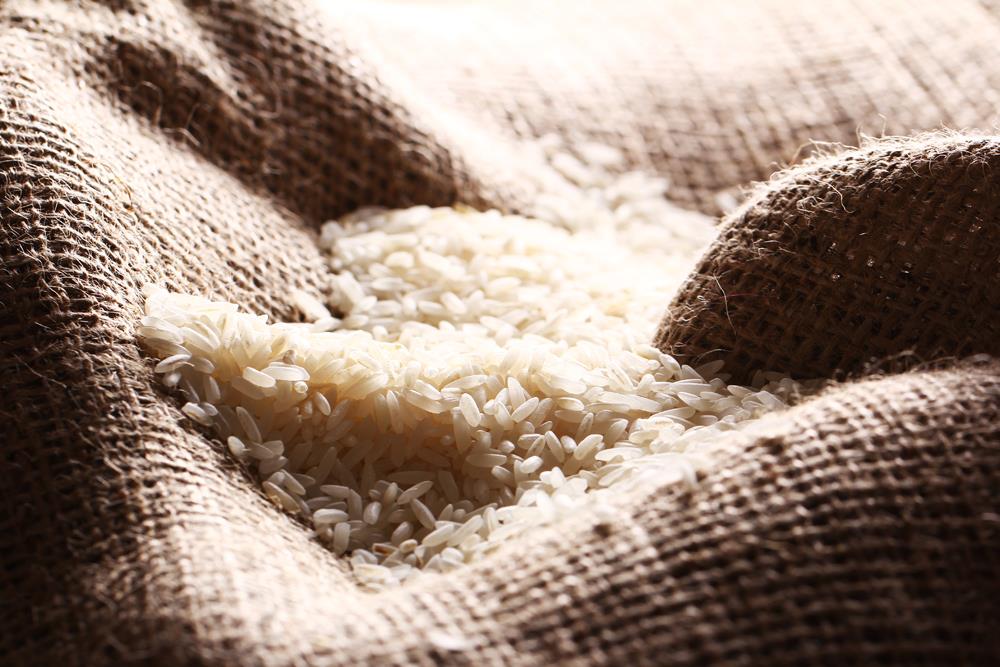(MENAFN- The Peninsula) AFP
Manila: Philippine President Ferdinand Marcos on Friday imposed a price cap on rice, the national staple cereal, blaming "cartels" and hoarders for surging food charges.
Marcos fixed the maximum retail price of regular milled rice, consumed by many Filipinos, at 41 pesos (73cents) per kilogramme (2.2 pounds) and 45 pesos for the higher-quality "well-milled" rice.
The new ceilings, which went into immediate effect, were as much as 25 percent lower than those quoted on Manila markets earlier this week, the presidential palace said in a statement.
Rice is a basic staple in the country of 110 million people. But the nation cannot produce enough for itself and has been one of the world's top importers of the grain.
"The current surge in retail prices of rice in the country has resulted in a considerable economic strain on Filipinos, particularly those who are underprivileged and marginalised," Marcos said in an executive order.
Read Also Driest August in more than 100 years threatens India's growth Rented electric scooters vanish from Paris streets In Africa first, Uber launches electric motorcycles in Kenya
Despite a "steady supply", Marcos alleged widespread "illegal price manipulation, such as hoarding by opportunistic traders and collusion among industry cartels in light of the lean season" were to blame.
A ban on rice exports by major producer India, the war in Ukraine, and unstable world oil prices have also "caused an alarming increase in the retail prices of this basic necessity", he added.
Marcos said the government, with police help, would "intensify ongoing inspections and raids of rice warehouses to combat hoarding and illegal importation".
Price caps are "not ideal", Victor Abola, an economist at Manila's University of Asia and the Pacific told AFP.
"But now that it is implemented the challenge for the government is to make sure that we have enough rice harvest these coming months so they can bring down the prices of rice to their desired price."
"It's really a difficult balancing act at this time," Astro del Castillo, managing director of Manila securities firm First Grade Finance told AFP.
Failing to rein in high inflation would hamper economic growth, he added.
Inflation rose 6.8 percent in the January-July 2023 period compared with the previyear, government data show, after peaking at a 14-year high of 8.7 percent in January.
Wilbert Lee, who represents the agriculture sector in the House of Representatives, called the price cap a "stopgap measure" and warned it could backfire.
"The government must ensure strict compliance as this may result in supply drop in the market. It may discourage the private sector from selling with little or no profit," Lee said in a statement.




















Comments
No comment